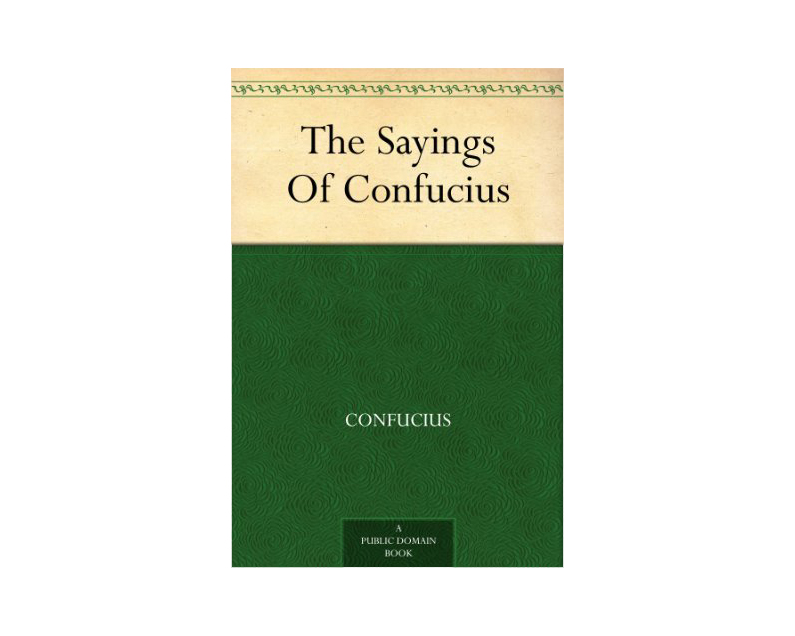At different times in Chinese history, Confucius (trad. 551–479 BCE) has been portrayed as a teacher, advisor, editor, philosopher, reformer, and prophet. The name Confucius, a Latinized combination of the surname Kong 孔 with an honorific suffix “Master” (fuzi 夫子), has also come to be used as a global metonym for different aspects of traditional East Asian society. This association of Confucius with many of the foundational concepts and cultural practices in East Asia, and his casting as a progenitor of “Eastern” thought in Early Modern Europe, make him arguably the most significant thinker in East Asian history. Yet while early sources preserve biographical details about Master Kong, dialogues and stories about him in early texts like the Analects (Lunyu 論語) reflect a diversity of representations and concerns, strands of which were later differentially selected and woven together by interpreters intent on appropriating or condemning particular associated views and traditions. This means that the philosophy of Confucius is historically underdetermined, and it is possible to trace multiple sets of coherent doctrines back to the early period, each grounded in different sets of classical sources and schools of interpretation linked to his name. After introducing key texts and interpreters, then, this entry explores three principal interconnected areas of concern: a psychology of ritual that describes how ideal social forms regulate individuals, an ethics rooted in the cultivation of a set of personal virtues, and a theory of society and politics based on normative views of the family and the state.
Each of these areas has unique features that were developed by later thinkers, some of whom have been identified as “Confucians”, even though that term is not well-defined. The Chinese term Ru (儒) predates Confucius, and connoted specialists in ritual and music, and later experts in Classical Studies. Ru is routinely translated into English as “Confucian”. Yet “Confucian” is also sometimes used in English to refer to the sage kings of antiquity who were credited with key cultural innovations by the Ru, to sacrificial practices at temples dedicated to Confucius and related figures, and to traditional features of East Asian social organization like the “bureaucracy” or “meritocracy”. For this reason, the term Confucian will be avoided in this entry, which will focus on the philosophical aspects of the thought of Confucius (the Latinization used for “Master Kong” following the English-language convention) primarily, but not exclusively, through the lens of the Analects.

The Analects, also known as the Sayings of Confucius, is an ancient Chinese philosophical text composed of sayings and ideas attributed to Confucius and his contemporaries, traditionally believed to have been compiled by his followers.
The consensus among scholars is that large portions of the text were composed during the Warring States period (475–221 BC), and that the work achieved its final form during the mid-Han dynasty (206 BC – 220 AD). During the early Han, the Analects was merely considered to be a commentary on the Five Classics. However, by the dynasty's end the status of the Analects had grown to being among the central texts of Confucianism.
During the late Song dynasty (960–1279 AD) the importance of the Analects as a Chinese philosophy work was raised above that of the older Five Classics, and it was recognized as one of the "Four Books". The Analects has been one of the most widely read and studied books in China for more than two millennia; its ideas continue to have a substantial influence on East Asian thought and values.
Confucius believed that the welfare of a country depended on the moral cultivation of its people, beginning from the nation's leadership. He believed that individuals could begin to cultivate an all-encompassing sense of virtue through ren, and that the most basic step to cultivating ren was filial piety—primarily the devotion to one's parents and older siblings.
He taught that one's individual desires do not need to be suppressed, but that people should be educated to reconcile their desires via li, rituals and forms of propriety, through which people could demonstrate their respect for others and their responsible roles in society. Confucius also believed that a ruler's sense of de, or 'virtue', was his primary prerequisite for leadership.
Confucius' primary goal in educating his students was to produce ethically well-cultivated men who would carry themselves with gravity, speak correctly, and demonstrate consummate integrity in all things.

